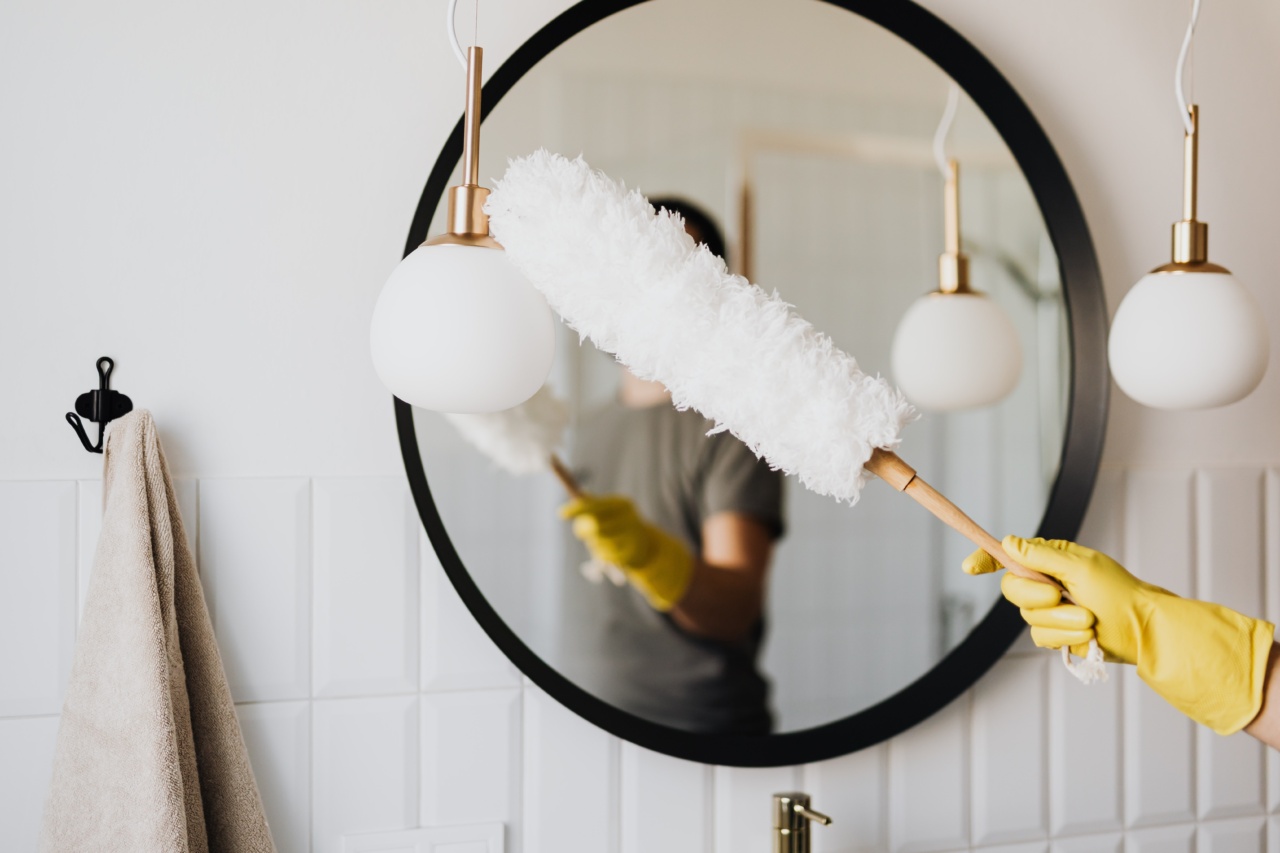Many women today are bombarded with advertisements and products promising to keep their vaginas clean and fresh. From scented soaps and wipes to douches and intimate washes, the market is filled with various options for vaginal cleaning.
However, what many women don’t realize is that these products can actually do more harm than good. Despite the marketing claims, vaginal washings are risky business that can disrupt the delicate balance of the vagina and lead to a range of health issues.
The Vaginal Microbiome
Before diving into the risks associated with vaginal washings, it’s important to understand the vaginal microbiome. The vagina is home to a complex ecosystem of microorganisms, including both good and bad bacteria.
When this ecosystem is in balance, it helps to keep the vagina healthy by maintaining the proper pH level and preventing infections.
Disrupting the pH Balance
Vaginal washings, especially those containing harsh chemicals or fragrances, can disrupt the natural pH balance of the vagina. The vagina is naturally slightly acidic, which helps to prevent the growth of harmful bacteria and fungi.
However, using vaginal washes can disrupt this delicate balance and lead to an overgrowth of bad bacteria or yeast, resulting in infections like bacterial vaginosis or yeast infections.
Increased Risk of Infections
Using vaginal washes can significantly increase the risk of infections due to the disruption of the vaginal microbiome. Bacterial vaginosis, for example, is a common vaginal infection characterized by an overgrowth of bad bacteria.
Studies have shown that women who use vaginal washings are more likely to develop bacterial vaginosis compared to those who do not use such products.
Yeast infections are another common issue faced by women who use vaginal washes. These washes can disrupt the natural balance of yeast in the vagina, leading to an overgrowth of Candida, a type of yeast.
This overgrowth can result in a yeast infection, causing symptoms such as itching, burning, and abnormal discharge.
Disrupted Natural Lubrication
Vaginal washings can also disrupt the natural lubrication of the vagina. The vagina is designed to self-clean and produce its own lubrication. These natural processes help to maintain vaginal health and comfort.
Using vaginal washes can interfere with the natural lubriation, making the vaginal tissues dry and susceptible to irritation or discomfort during intercourse.
Allergic Reactions and Irritation
Many vaginal washings contain fragrances, dyes, and other chemicals that can cause allergic reactions or irritation. These ingredients can be harsh on the sensitive skin in the vaginal area, leading to redness, itching, and swelling.
Some women may even develop dermatitis or other allergic skin reactions as a result of using these products.
Masking Underlying Issues
Vaginal washings can mask underlying issues by temporarily alleviating symptoms without addressing the root cause.
For example, if a woman is experiencing an unusual odor or discharge, using a scented vaginal wash may make her feel cleaner or fresher temporarily. However, these washes do not address the underlying cause of the odor or discharge, which may be an infection or other health issue that requires proper medical attention.
Alternative Hygiene Practices
Instead of resorting to vaginal washings, it’s important to prioritize gentle and natural hygiene practices. Here are some alternative methods for maintaining vaginal health:.
1. Gentle Cleansing
Simply washing the external genital area with warm water and a mild, unscented soap is sufficient for keeping the vagina clean. Avoid using any harsh soaps or excessive scrubbing, as this can disturb the natural balance.
2. Proper Wiping Technique
When using the toilet, always wipe front to back to prevent the spread of bacteria from the anus to the vagina. This simple technique can help in preventing urinary tract infections and other vaginal issues.
3. Avoid Douching
Douching, the practice of rinsing the vagina with a liquid solution, is unnecessary and can be harmful. It disrupts the vaginal pH balance and removes the good bacteria, increasing the risk of infections and other complications.
4. Breathable Underwear
Wearing loose-fitting cotton underwear allows for better airflow and reduces moisture in the vaginal area. This helps to prevent the growth of harmful bacteria and reduces the risk of infections.
5. Regular Check-ups
It is crucial to maintain regular visits to a healthcare professional for routine check-ups. Regular examinations can help detect any underlying issues or infections early on, ensuring timely treatment.
Conclusion
While the idea of keeping the vagina clean and fresh may seem appealing, vaginal washings are risky business. These products disrupt the delicate balance of the vaginal microbiome, leading to a range of potential health issues.
Instead, it is best to prioritize gentle and natural hygiene practices that allow the vagina to maintain its own health and self-cleaning mechanisms.































